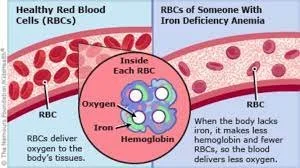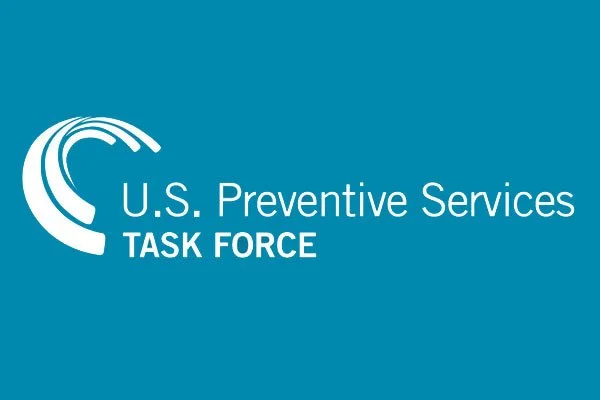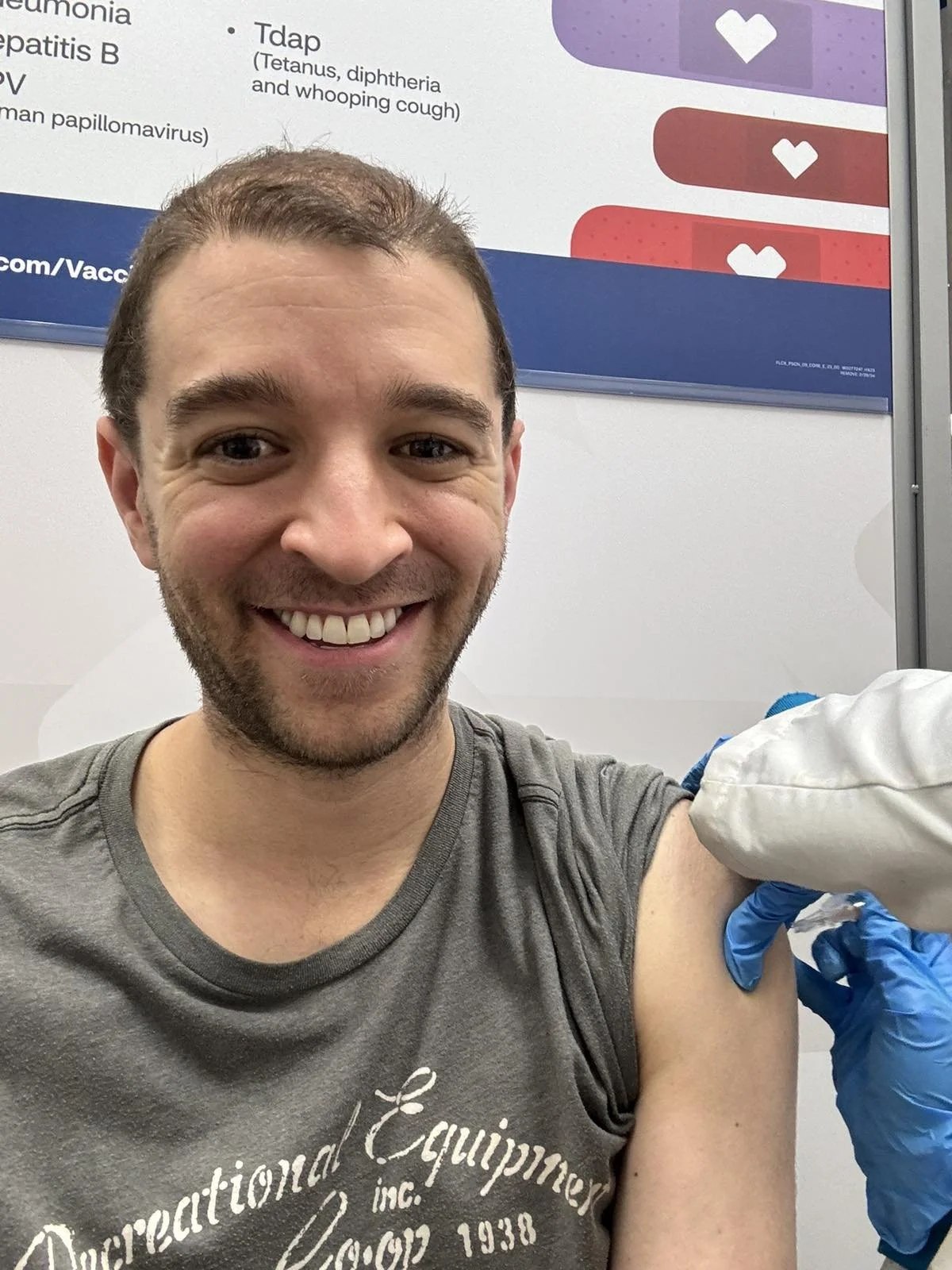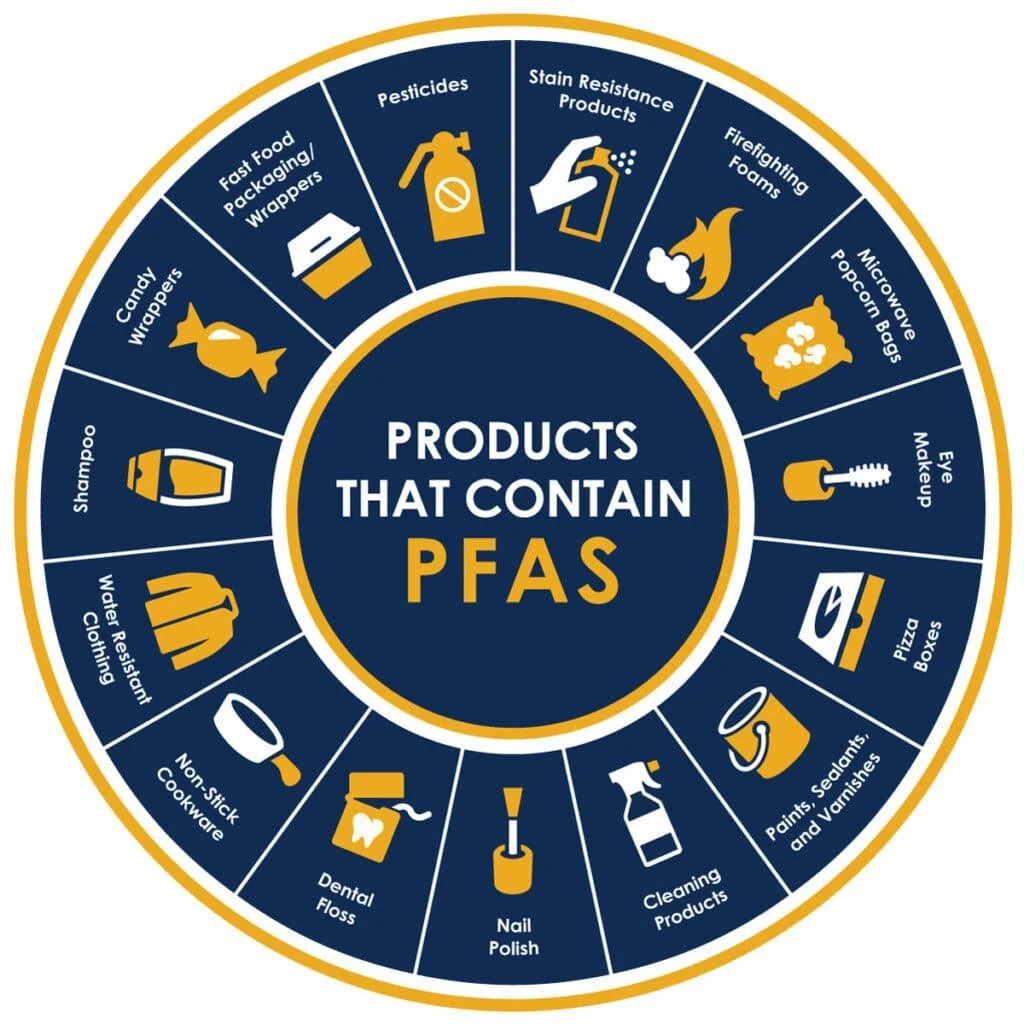October 2024
Screening for Iron Deficiency
On August 20th, the United States Preventive Services Task Force (USPSTF) updated its guidelines to recommend screening for iron levels in most adults. This is a significant change from previous recommendations, which focused on screening only those with symptoms (like fatigue or mental fog) or known risk factors (such as heavy periods or gastrointestinal bleeding).
Now, we anticipate that two tests—iron levels and ferritin levels—will be commonly included in your yearly panels. Iron levels indicate the amount of iron circulating in your blood, while ferritin levels reflect your body's iron stores. The USPSTF has assigned this new guideline a B rating, indicating that it is likely to provide more benefits than harm for most individuals.
Comprehensive Preventive Care Checklist
Here are some other important A and B rating screening guidelines for non-pregnant adults:
Men aged 65-75 who have ever smoked: One-time ultrasound screening for abdominal aortic aneurysm.
Annual screening for anxiety and depression: Typically done using the GAD-7 and PHQ-9 questionnaires.
Breast cancer screening: Women aged 40-74 should have yearly or biennial mammograms; I generally recommend yearly.
Cervical cancer screening: Individuals with a cervix aged 21-29 should have a Pap smear every three years, and those aged 30-65 should have Pap and HPV testing every five years. If results are abnormal, annual testing is recommended.
Sexually transmitted infection (STI) screening: Recommended at least once yearly for sexually active individuals with new partners, including tests for HIV, syphilis, gonorrhea, and chlamydia.
Colorectal cancer screening: Individuals aged 45-75 should be screened. Options include Cologuard every three years or a colonoscopy every ten years. High-risk individuals or those with known polyps should opt for a colonoscopy.
Fall risk assessment: For those aged 65 and older, we recommend screening for fall risk and implementing exercise interventions if needed.
Folic acid supplementation: Anyone who could become pregnant (and would keep the pregnancy) should take 400 mg of folic acid daily to help prevent neural tube defects.
Hepatitis C screening: One-time blood test for individuals aged 18-79.
Blood pressure screening: Everyone aged 18 and older should be screened annually. If your readings exceed 135 systolic or 85 diastolic, please discuss this with me.
Lung cancer screening: Annual low-dose CT scans are recommended for individuals aged 50-80 with significant smoking history.
Osteoporosis screening: Recommended for postmenopausal women with risk factors (kidney or autoimmune disease, extended steroid use), men with risk factors, or women over 65, using a DEXA scan.
Diabetes screening: Individuals aged 18+ with a BMI over 25, or those with risk factors, should be screened every three years; yearly is preferable. I recommend the HbA1c test.
Skin cancer screening: Individuals aged 24+ with fair skin (skin that does not tan or minimally tans) should have once-yearly dermatological assessments.
Cholesterol management: Those aged 40-75 with risk factors (such as high cholesterol, diabetes, or smoking) and a 10-year risk of heart attack or stroke over 10% may benefit from cholesterol-lowering medication.
Important Considerations
Please note that some recommendations may apply to specific populations. For example, prostate cancer screening is recommended on a case-by-case basis, but many guidelines suggest routine screening for individuals with melanated skin due to higher risks.
If you would like to discuss specific recommendations that may apply to you, please feel free to reach out.
Vaccine Season
The 2024-2025 COVID vaccine is out. Here is Dr. Neuman getting his. He recommends you get yours.
Forever Chemicals
Have you heard of perfluoroalkyl and polyfluoroalkyl substances (PFASs)? You may know them by their more common name, forever chemicals. PFASs are commonly used to help consumer and industrial products become more water resistant.
New research has been coming out in the last two years that suggests these chemicals are linked to adverse health outcomes, particularly cancers.
For people with higher-than-average levels of PFASs in their blood, screening for particular cancers that are usually not checked for, like thyroid and kidney cancers, is now recommended. Further, water filters for the house and travel water filters for high risk areas (airports, manufacturing plants, military buildings) are recommended for folks with high levels.
There are a few places in Atlanta to get tested. A national lab will send you an at-home test kit for $250. Quest sells the test for $350. You can test your water supply for cheaper, at $80. It is not currently known whether insurance will cover the cost of these tests; check with your insurance company, if you have one, to be sure.





